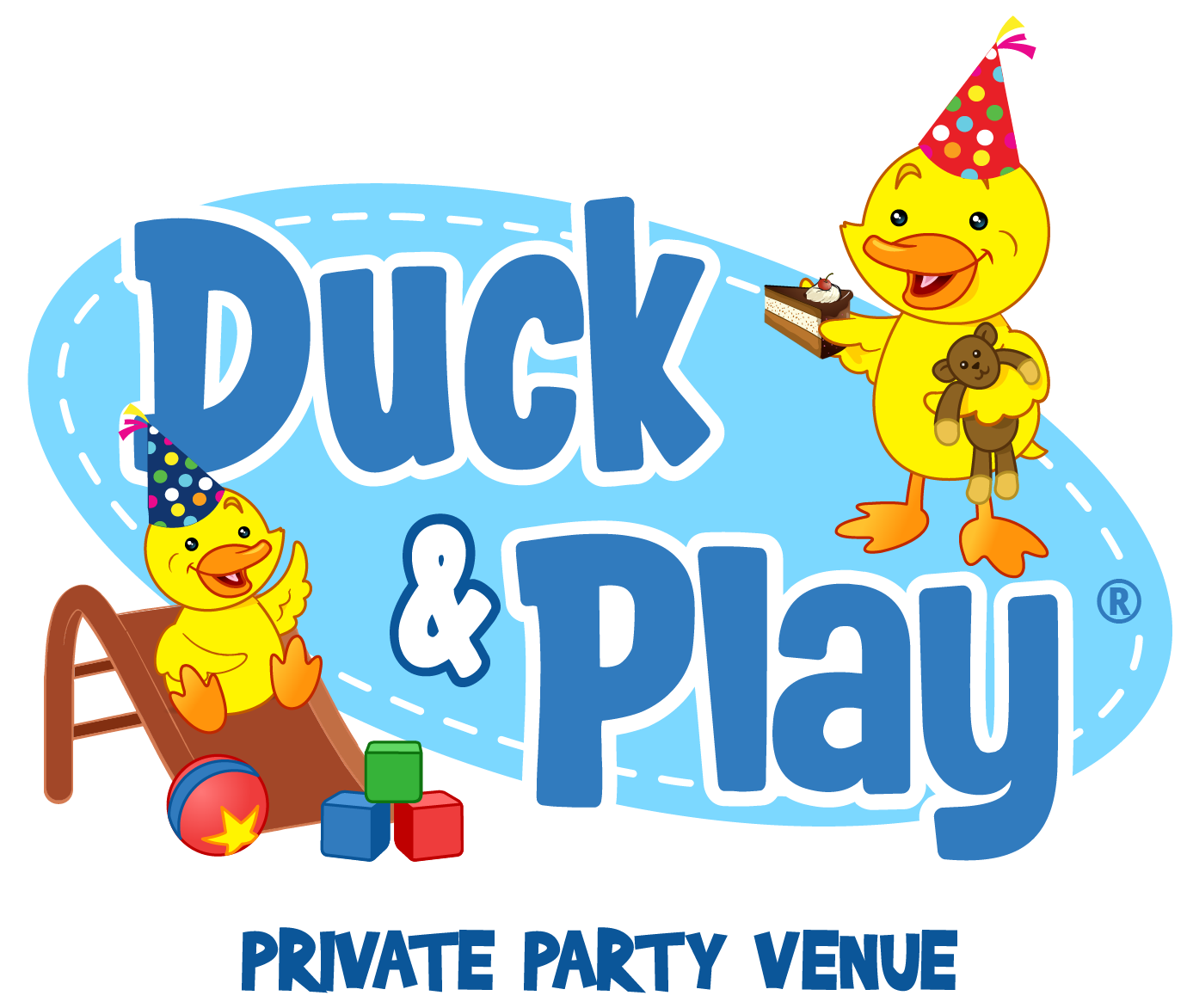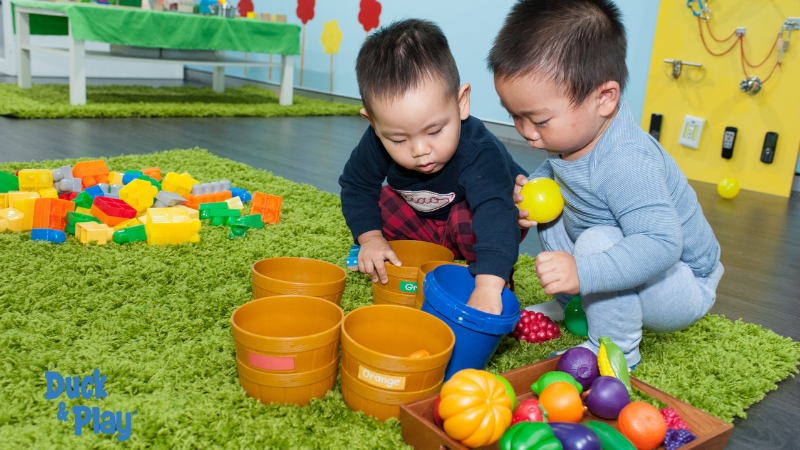Like any parent, I am consistently onto my Waddler with phrases like ‘kind sharing’ or ‘share nicely please’. But how can we help our children understand sharing, waiting their turn or how to negotiate?
Whether travelling with other children, day care, school or family members, children are sure to pick up ‘alternative’ habits. My Waddler is a patient type, with the personality to just wait her turn and then claim what is deemed to be her turn when the other child is onto something else. However; like any Waddler phase, our Waddler has recently challenged us in developing some stubborn ‘alternative habits’. It’s been a reminder to us and our Waddler to practise polite and kind sharing, reminding her of the kindness we show as a family.
The fundamentals of sharing is to teach how to compromise, negotiate and how to be fair; important life skills. Adults can demonstrate this through leading by example, peer to peer sharing, praising positive sharing, pointing out good sharing in others.
Opportunities and practise is the best recommended way to teach sharing[1]. As children thrive with routine, practising at home with you can be a great way to practise sharing. For example; sharing food or sharing toys when a friend comes over. Food is a big deal for our Waddler, so now she has her own plate and if food is on there, she knows we won’t touch it unless she chooses to share.
Consequences for not sharing can be tricky. An item that is being fought over can be removed from those all wanting it and encouraging children to work together to ensure the item / toy doesn’t get taken away again. Providing warnings to children about the consequences of not-sharing (and stressed behaviour) can also assist in preventing tantrums.
Children copy you. It can be a good idea when children are playing with other children, to be on the floor playing with them to prevent any snatching, tears or aggression. This also allows the adult to reassure positive behaviour or give positive suggestions to play in a kinder way. Positive feedback for children needs to outweigh the negative[2], so by praising positive sharing and or behaviour encourages them for future sharing situations.
As mentioned above, tantrums can be started by children not getting their own way and or, by not getting what they want from another child not sharing. Zero to Three’s national parent survey[3], quotes that 43% of parents thought that children should be able to master sharing by the age of 2. However; sharing skills are not developed until the ages of 3.5 – 4 years.
With older children playing with younger children, sometimes it can be helpful with the older child taking the lead. For example; ‘Sarah, I know you want to play with the puzzle, but can you show Tim how to play with the puzzle too? He’s just learning and he’d love to play with you.’ The older child can feel a sense of accomplishment, along with positive praise and recognition from the adult.
Suffice to say, it’s up to us as her parents to help our Waddler remember how to share with kindness, compromise and some fun. We can be easily frustrated with her current ‘alternative’ behaviour, but then I remember, I was a child once too – and a child’s innocence is beautiful. And I am blessed to be part of hers.
[1]https://raisingchildren.net.au/toddlers/behaviour/friends-siblings/sharing
[2]https://raisingchildren.net.au/toddlers/behaviour/crying-tantrums/tantrums
[3]https://www.zerotothree.org/resources/1964-helping-young-children-with-sharing

